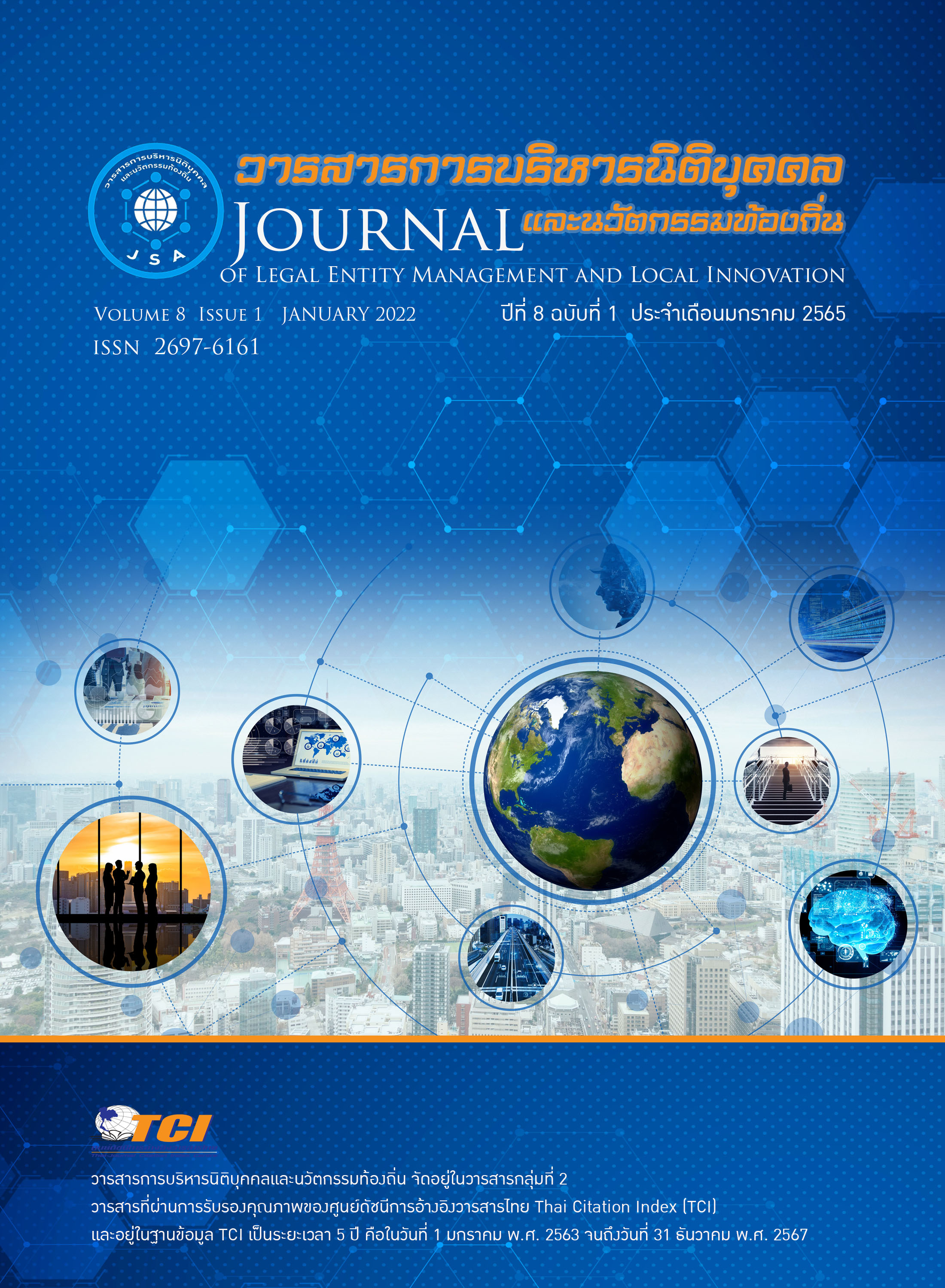Students’ Satisfaction Towards Non-Formal and Informal Education system Affecting Online Distance Education Performed by Distance Education Institute
Keywords:
Distance Education, Non-Formal and Informal Education SystemsAbstract
The objectives of this research were: 1) To examine students’ satisfaction towards
Non-Formal Education System and Informal Education System affecting online distance education performed by the Distance Education Institute, 2) To compare students’ satisfaction towards Non-Formal Education System and Informal Education System affecting online distance education performed by the Distance Education Institute as classified by gender, educational level and age; and 3) To investigate the problems and suggestions concerning non-formal and informal educational management affecting online distance education performed by the Distance Education Institute. This research was a survey research. The population were 2,049 students of the Distance Education Institute. The study sample were 539 students of Distance Education Institute, selected by using simple random sampling. The research procedure consisted of 4 stages which were: 1) examining documents, concepts, theories and studies related; 2) constructing research instrument; 3) collecting data; and 4) analyzing collected data. The instrument used for collecting the data was a 5-level rating scale questionnaire and open-ended questions. The statistics used for analyzing the collected data were frequency, percentage, mean, Standard Deviation, t-test and one-way ANOVA. The result of the research found that: 1) The students’ satisfaction towards Non-Formal Education System and Informal Education System affecting online distance education performed by the Distance Education Institute were overall at high level. After item analysis, it was found that the students’ satisfaction towards each aspect was at high level. The mean scores listed in order from the highest to the lowest included online education students, online education instructors and student self-development activities; 2) The comparison results revealed that, as classified by gender, educational level and age, the students’ opinions were over all and individual aspect was not different; and 3) The problems concerning online distance educational management were that instructional media were not up-to-date and uninteresting to learn, frequent changes in personnel-in-charge, unclear answers to students’ questions, and discontinuous and indefinite advices given about students’ learning programs


